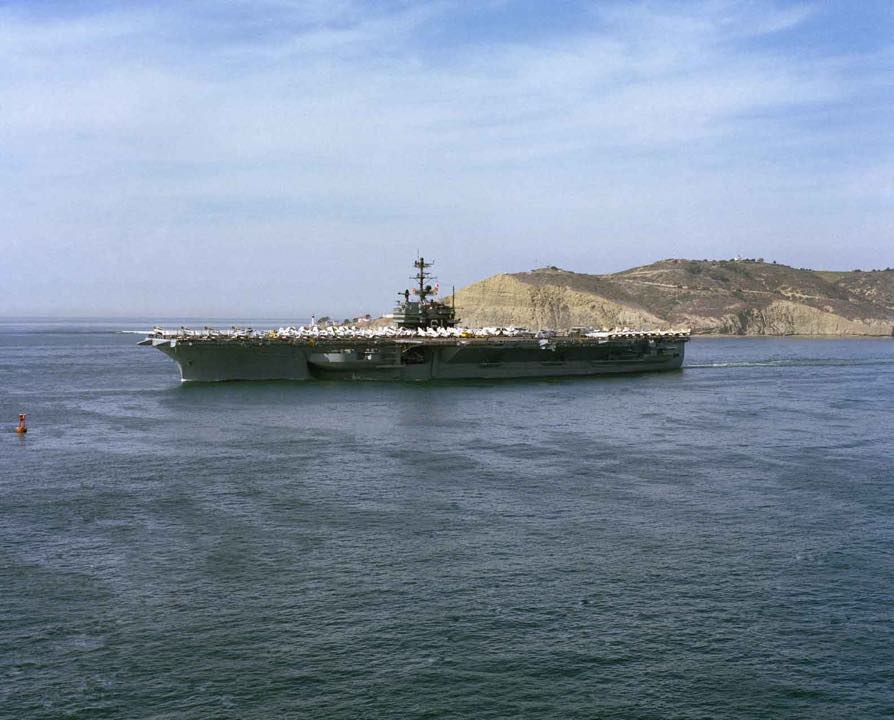1954 SEATO Founded
An additional collective security alliance modeled on N.A.T.O., eight nations formed the South East Asia Treaty Organization. The nations were the United States, Britain, France, Australia, New Zealand, the Philippines, Pakistan, and Thailand. Members of S.E.A.T.O. are pledged to their mutual defense.
The Southeast Asia Treaty Organization (SEATO) was an international organization for collective defense in Southeast Asia. It was founded on September 8, 1954, in Manila, the capital of the Philippines, in the aftermath of the French Indochina War and the "loss" of China to Communism, and during the early days of the Cold War.
The founding members of SEATO were:
- Australia
- France
- New Zealand
- Pakistan (which also represented then East Pakistan, now Bangladesh)
- The Philippines
- Thailand
- The United Kingdom
- The United States
These countries were united by the fear of the spread of communism, particularly in the Asia-Pacific region, following the Chinese Communist Revolution and the Korean War. The alliance was meant to serve as a deterrent against further communist advances in Southeast Asia and the Pacific.
SEATO's structure was somewhat similar to NATO, but unlike NATO, SEATO did not establish a unified military command structure nor was there an agreement for mutual defense. The focus was more on preventing the spread of communism rather than responding collectively to an attack.
However, SEATO had several limitations that led to its eventual dissolution in 1977. One of the major issues was that several countries that were geographically located within Southeast Asia, including Vietnam, Cambodia, Laos, and Indonesia, were not included in the pact, which reduced its effectiveness. Moreover, the organization had limited success in its aim of deterring communist advances, most notably in Vietnam.
The organization was eventually disbanded in 1977 due to lack of efficiency and differing political views among its members, but it played an important part in the history of the Cold War in Southeast Asia.
 >
>